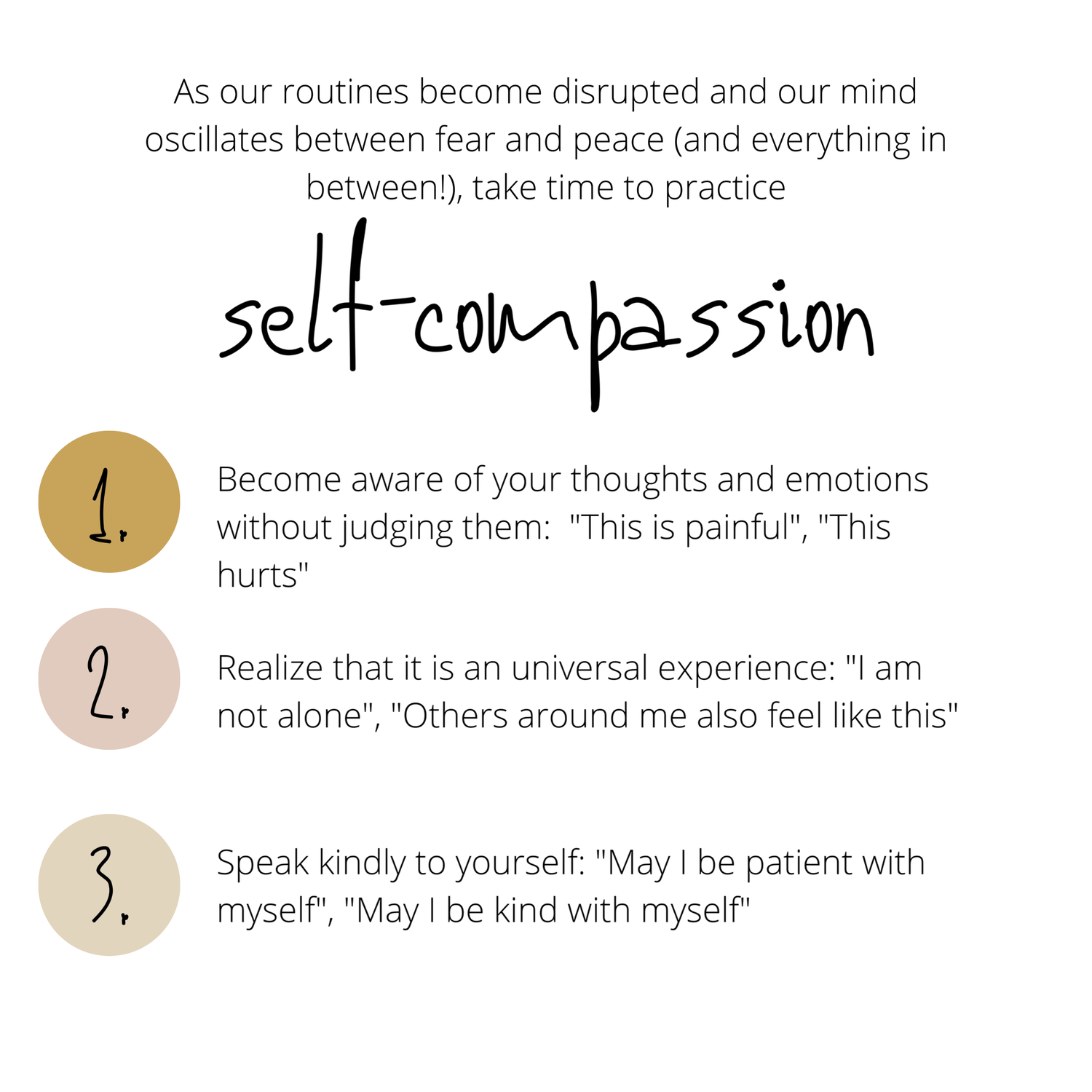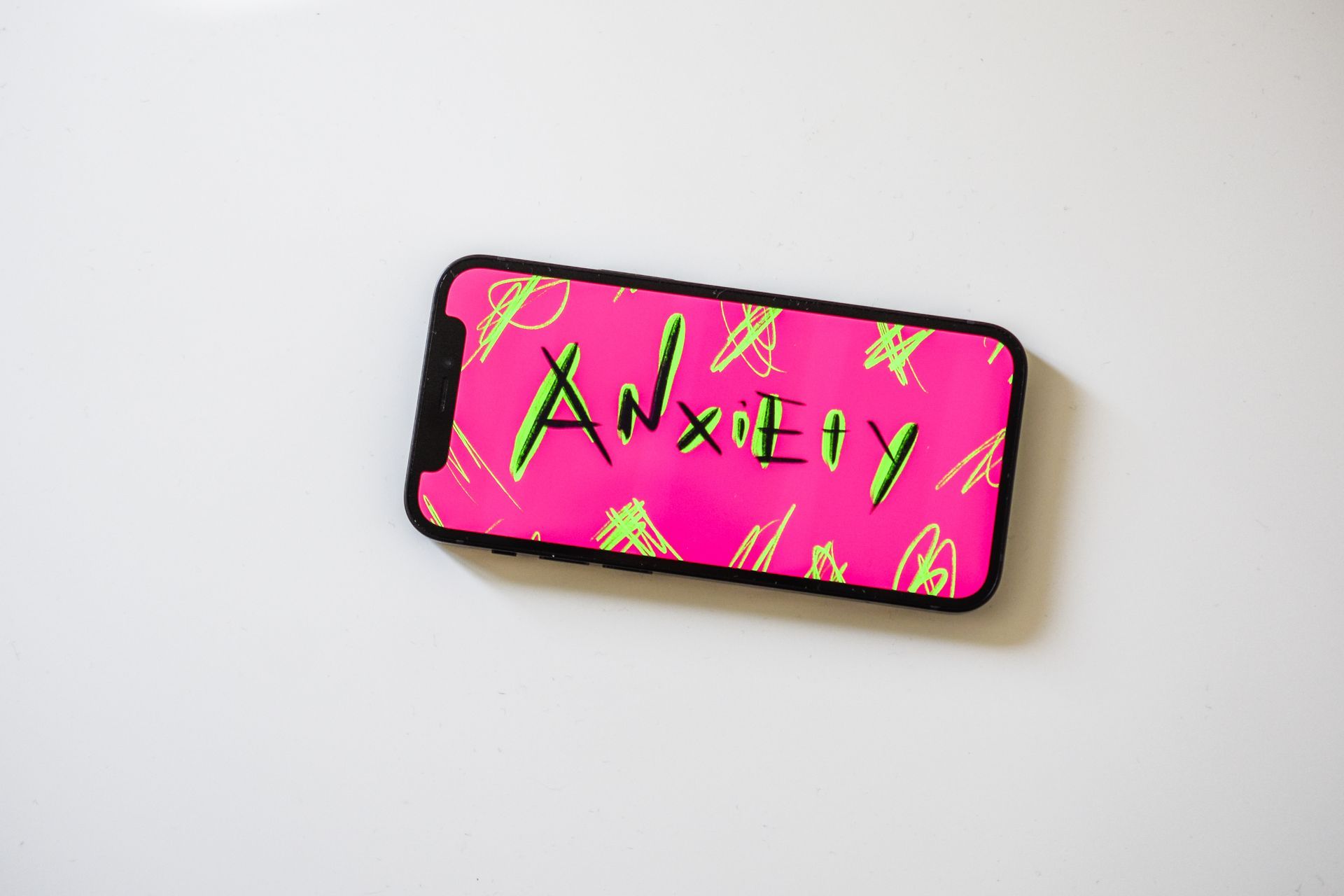The coronavirus pandemic has sent shock waves through all spheres of our lives.
Life has been confusing. Confusing and oh, so overwhelming!
We are forced to rethink the way we work, the way we take care of our physical and mental health, the way we plan for the future.
The pandemic is also reshaping the way we relate to one another.
For those of you living with cancer or another chronic medical condition, social distancing is nothing new. In fact, many of those who are immunocompromised have had to avoid social gatherings or public places for months at a time, sometimes years, in order to protect their health.
Yet, this pandemic introduces a whole new set of stressors and challenges for the medically ill population. Some of the resources you may have been relying on consistently to manage your health or chronic pain may no longer be available to you at this time.
You may be worried about finding the food that you need due to dietary restrictions.
The social support you rely on may look a lot different, as people are no longer accessible in ways we are familiar with. Your medical team may have recommended that you be seen through Telehealth for some of your appointments. Your friends and family may not be able to come by to spend time with you or help with your day-to-day needs.
This unprecedented crisis is causing significant emotional distress.
The COVID-19 crisis may also bring back difficult memories of other times when life suddenly felt more unpredictable and you felt more vulnerable. For instance when first being diagnosed with cancer or another illness, or when undergoing difficult treatments.
While there is no textbook on how to deal with this pandemic, I want to share some ideas of things you can implement as you navigate this stressful time. I am writing these words hoping that they can provide you with a sense of hope and help you cope.
1 . Shift your priorities to focus on your most immediate needs
Now may not be the best time to tackle a big project or start a new hobby (although it’s absolutely fine to do so if you have the energy for it and you find that it helps you cope)! You may feel a bit more depleted, emotionally and physically, and your bandwidth is best used to take care of your immediate and basic needs.
SOMETHING TO PRACTICE: Stick with the basics! Make sure you maintain adequate nutrition and water intake. Stay on top of your treatments. Get all the sleep and rest you can. Exercise if you are able to and if medically cleared for it.
Bonus idea: Write down a list of things you no longer want to spend your time or energy on (e.g., feeling guilty for saying no, wearing make-up to get out of the house, cooking something new at every single meal, etc)!
2 . You are resilient!
Yes, this is HARD. You feel shaken, angry, afraid, resentful, and so many other things. This took you by surprised and is forcing you to change course and readjust some of your routines and be extra cautious with your health. You may feel overwhelmed and out of control.
Yes, this is hard. And you’ve done very hard things before. Some of them related to your health, others not.
SOMETHING TO PRACTICE:
Think back on the challenges you’ve faced in the past and take stock of prior accomplishments and successes. Big and small.
You may find some comfort in writing this down. Doing this may not immediately make things easy or less scary, but it will remind you of some of your strengths. Intentionally applying those strengths to cope with current stressors may in fact help you feel better about yourself and this challenging situation.
3. Feel all the feels…
I’ve said this before many times, but this is worth repeating:
Your emotions are valid. ALL. OF. THEM! It’s okay to feel worried, sad, resentful, hopeful, frustrated, [Fill in the blank]. And your emotions are complex too! It’s okay to feel all these emotions are the same time. You may feel worried
and grateful. Sad
and hopeful.
Sometimes your emotions may not quite make sense. Or you may surprise yourself for being more at ease than you would have anticipated. There is no right or wrong. Emotions will ebb and flow, as emotions do.
You do not have to justify yourself for feeling a certain way, nor do you have to work hard to “find the silver lining” or “think positive.” We’re in the middle of something new and scary. It’s okay to feel all the feels.
SOMETHING TO PRACTICE: Take note of the way you feel. Acknowledge your emotions without judgment. “Right now I feel [fill in the blank].” You can also write these emotions on a sticky note and look at them from a distance. This can help alleviate the weight they carry.
4. … and practice self-compassion
“This is a moment of suffering. Suffering is part of life. May I be kind to myself in this moment. May I give myself the compassion I need.” Kristin Neff
Through the fear and hurt, practice being kind to yourself, the way you would to another human being you love!
SOMETHING TO PRACTICE: Below is an example of a self-compassion practice. You may use this as a guide or check
Kristin Neff’s website for other exercises in self-compassion.
5. Limit your exposure to media coverage
An
article hot off the press suggests that too much media exposure relating information about a public health crisis can increase anxiety and amplify our stress response. Being informed is essential. It allows us to make wise decisions and implement good health precautions. Yet being flooded with information continuously is not helpful. We need to strike a balance when consuming information from the media.
SOMETHING TO PRACTICE: 1)
Set times
during the day when you will check the news and read updates about COVID-19 and/or other news. 2) Consume news from
trusted sources (e.g., CDC, WHO, your hospital and/or medical team). 3)
Set boundaries with others who may be sharing a lot of information with you so that you remain in control of what information you read and when. That may sound like
“I appreciate your concern about my health. I would prefer to be the one initiating our discussions about the pandemic right now, it helps me manage stress better.”
And as always,
reach out for help from friends, your medical team, a therapist if you feel like anxiety or other mental health issues are getting in the way of your functioning. Many resources continue to be available at this time via telehealth to continue providing you with the support you need.
I am
Dr. Aurelie Lucette, a clinical health psychologist who provides
individual therapy in Miami and online throughout the state of Florida. I can help with issues related to anxiety, stress, sleep, and depression. I also specialize in therapy for adults
living with cancer ,
chronic illness, chronic pain.







